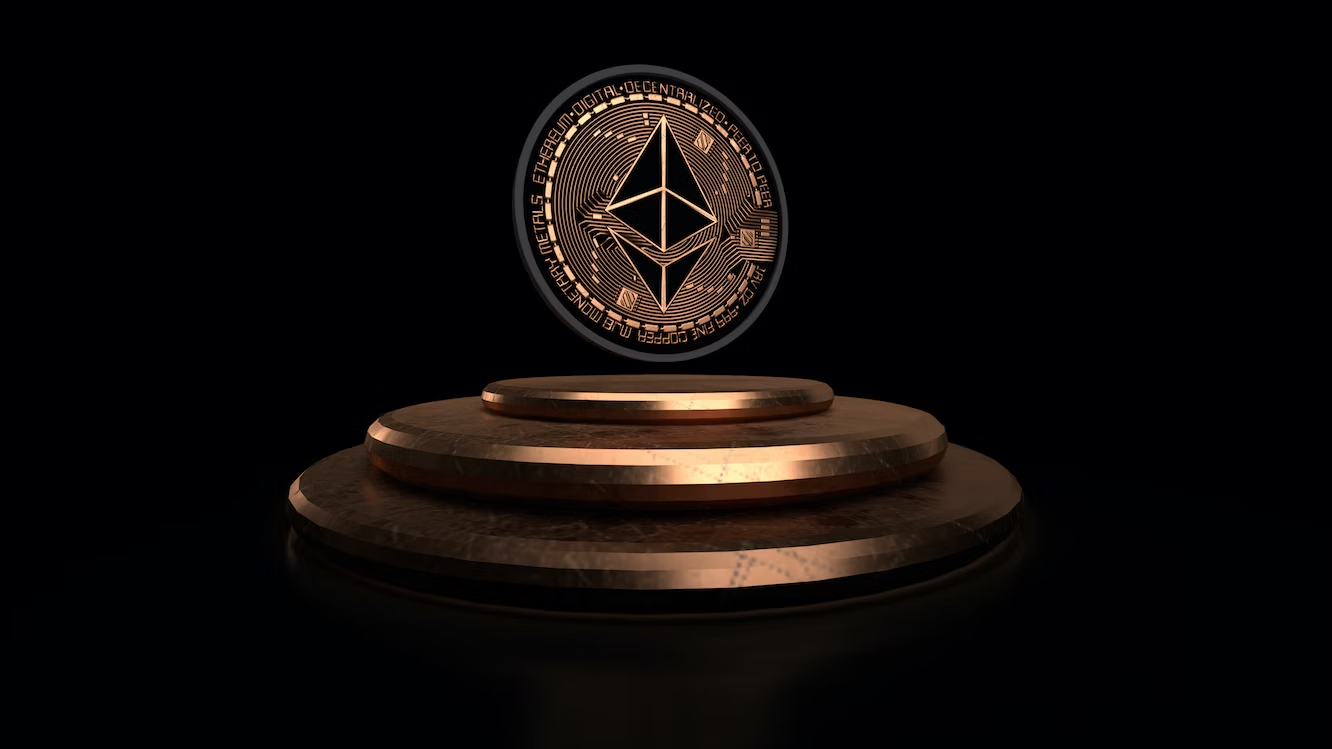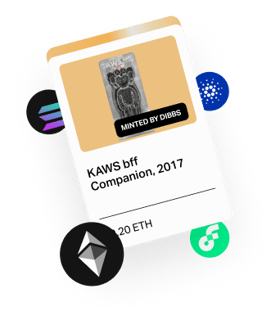How To Ensure Digital Asset Security For Your RWA?
Learn about security challenges of real world asset tokenization and ways brands can overcome them.

Real-world asset tokenization is poised to be the next trillion-dollar opportunity, as it enhances liquidity, enables fractional ownership, and opens accessibility to global markets. Additionally, it reduces reliance on intermediaries and leads to faster transactions.
Even traditional finance giants like JP Morgan, Blackrock, and Fidelity are actively embracing real-world asset (RWA) tokenization as a part of their strategies. Given this trend, it’s prudent for enterprises to strategically integrate tokenized real-world assets into their portfolios.
However, implementing asset tokenization into business introduces a new set of security challenges. So, brands must adopt a proactive approach to protect the integrity and overall value of tokenized real-world assets.
In this article, we’ll dive into security challenges present in RWA tokenization and how brands can address them.
Subscribe to get our best content in your inbox
By clicking “Submit” you agree to Dibbs
Privacy Policy and
consent to Dibbs using your contact data for newsletter purposes.

Security Challenges of Real-World Asset Tokenization
Here are a few security challenges associated with real-world asset tokenization that brands can face:
Physical Asset Security
Tokenized assets necessitate specialized storage solutions tailored to their unique characteristics. For instance, artworks, that are sensitive to environmental factors, are often housed in climate-controlled facilities.
These environments ensure that temperature, humidity, and light levels are meticulously maintained to preserve the integrity and value of the art pieces.
On the other hand, assets like precious metals, which represent significant monetary value, are stored in high-security vaults.
Finding secure facilities for tokenized assets is challenging because it demands identifying locations that not only meet specialized conditions, such as climate control for artworks, but also offer robust security measures to safeguard high-value items like precious metals.
This entails a rigorous vetting process, ensuring the facility's infrastructure, access controls, and surveillance systems are of the highest standard, which can be both time-consuming and costly.
Blockchain Infrastructure
While blockchain technology is designed to be secure, it’s not completely immune and can pose threats for security of tokenized RWAs. Here’s a breakdown of the challenges:
- Smart contract vulnerabilities: Smart contracts are self-executing contracts with the terms of the agreement directly written into code. While they automate and streamline processes, they are only as secure as their coding. Vulnerabilities or bugs in the code can be exploited by malicious actors, leading to unauthorized access, theft of digital assets, or manipulation of the underlying RWA.
- Interoperability issues: As the blockchain ecosystem grows, there's an increasing need for different blockchains to communicate and interact, both among themselves and with external systems. This is called interoperability and is achieved through mechanisms like cross-chain bridges and oracles.
However, these bridges and communication channels can become points of vulnerability. If not securely implemented, they can be exploited to manipulate data, leading to potential misrepresentation of the RWA's value or state. This not only threatens the integrity of the tokenized asset but can also erode trust in the tokenization process itself.
Customer Identification and Data Protection
Customer identification and data protection are significant challenges when it comes to maintaining the security of tokenized real-world assets (RWAs). Here's why:
- Pseudonymity: Public blockchains operate on the principle of pseudonymity, where users are identified by addresses rather than personal details. Thus, businesses may face challenges in obtaining the necessary user identity verification for transferring ownership of specific assets, such as company shares.
- Fraud prevention: Without robust identity verification mechanisms, there's a risk of impersonation, where malicious actors could potentially claim ownership of assets they don't rightfully own. This could lead to unauthorized transfers or sales of tokenized assets.
- Data protection concerns: Implementing identity management on a blockchain requires storing some form of personal data. This data, if not protected adequately, becomes a target for hackers. Consequently, this could lead to a breach that exposes sensitive personal information, leading to identity theft, financial fraud, and other malicious activities.
How Tokenization-as-a-Service (TaaS) Platforms Address Security Challenges
In this section, we'll look into four strategies businesses can implement to secure their digital real world assets and prevent loss:
Secure Asset Storage Measures
Tokenization platforms often partner with or offer highly-secure facilities often equipped with state-of-the-art security systems and surveillance cameras.
Also, access is limited to authorized personnel and there are stringent protocols in place for handling and inspecting the items. This ensures that the item is protected from theft, damage, or any unauthorized access.
Many tokenization platforms also provide insurance coverage for the vaulted items. This means that in the unlikely event of loss or damage, the value of the item is insured, providing an additional layer of protection for both the asset owner and the token holders.
Blockchain and Marketplace Agnosticism
TaaS platforms like Dibbs are designed to be interoperable with multiple blockchains, allowing users to choose their preferred blockchain network. This ensures that users are not locked into a single blockchain and minimizes the need for cross-chain bridges, which can be potential points of vulnerability.
Additionally, users can choose their preferred marketplaces for asset tokenization. So, users can select marketplaces that are known for their security and reputation.
Robust Smart Contract Security
TaaS platforms ensure the security of smart contracts through a multifaceted approach. They employ blockchain experts specializing in smart contract development and security, and conduct meticulous reviews and audits to pinpoint and resolve vulnerabilities.
Additionally, these platforms strictly adhere to industry best practices, encompassing code reviews, rigorous testing, and the use of established security libraries to fortify the smart contract code. This comprehensive strategy guarantees the integrity and resilience of the smart contracts underpinning tokenization processes.
Customer Identity Verification
Tokenization platforms provide essential safeguards like Know Your Customer (KYC) and Anti-Money Laundering (AML) compliance.
KYC procedures involve rigorous identity verification, risk assessment, and enhanced due diligence for users. They’re required to provide official identification documents, such as passports or driver's licenses, along with additional personal information.
Once the user's identity is established, tokenization platforms assess the risk associated with that user. Different levels of KYC verification may be applied based on factors such as transaction volume and frequency.
AML compliance entails continuous transaction monitoring, flagging suspicious activity, and reporting such transactions to authorities when necessary. Tokenization platforms adhere to AML regulations specific to their jurisdiction.
All in all, this ensures that the tokenization process remains legally compliant and secure.
Secure your Tokenized RWAs with Dibbs.
The tokenization of RWAs unlocks vast possibilities of blockchain usage, but its implementation and security can be challenging for brands.
This is where Dibbs comes in. We provide comprehensive solutions for brands ranging from authentication of collectibles, to secure storage vaults, robust blockchain infrastructure, and customer identity verification.
So, if you’re a brand looking to create tokenized assets in a secure manner, schedule a demo with us today.

